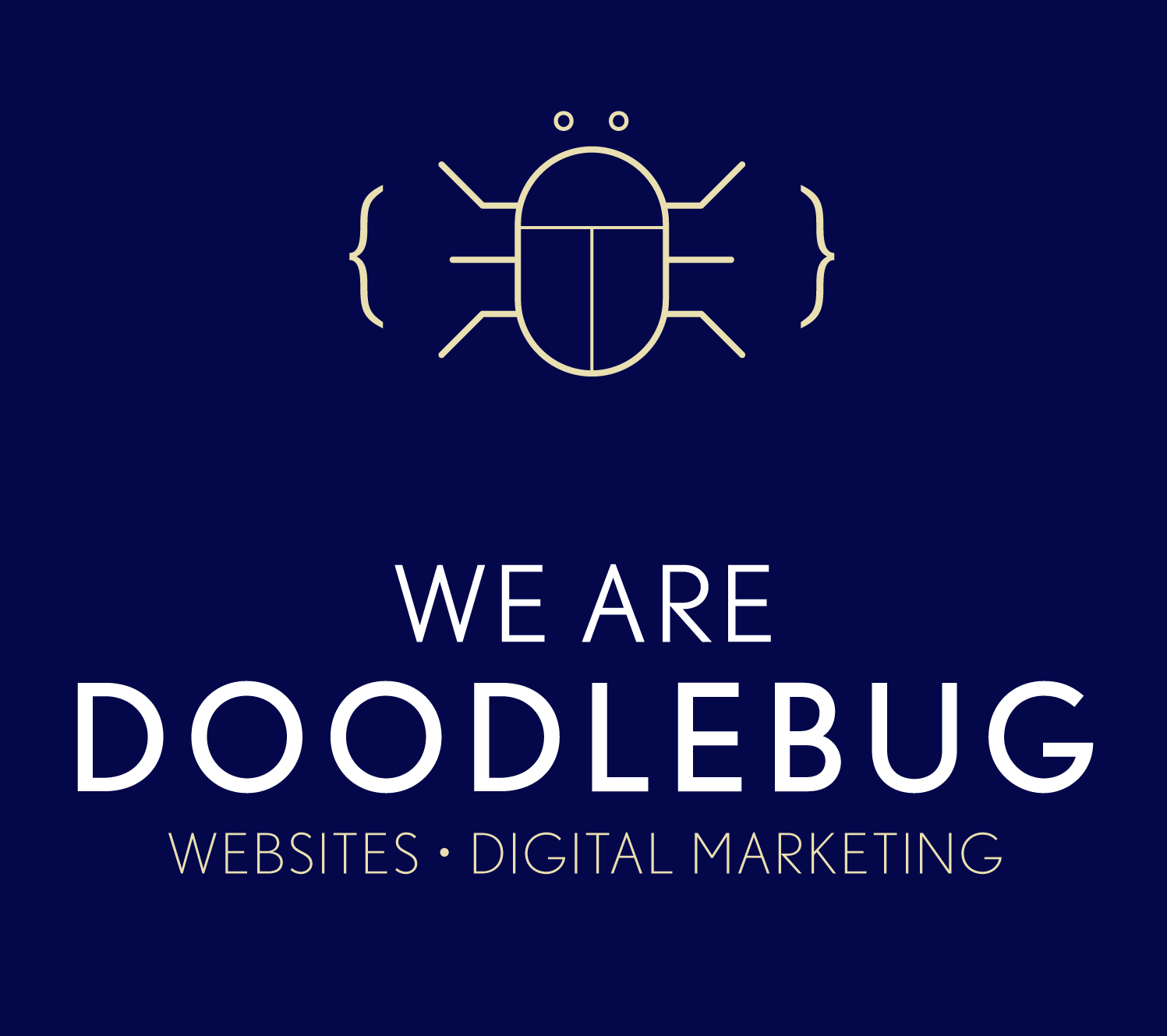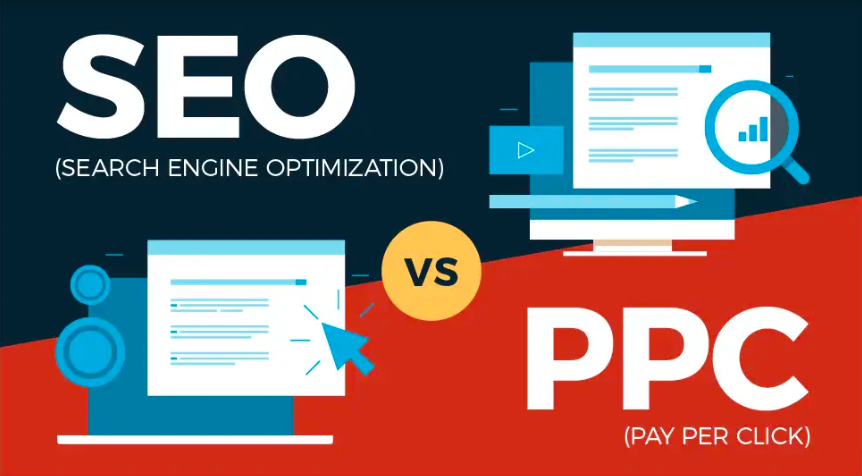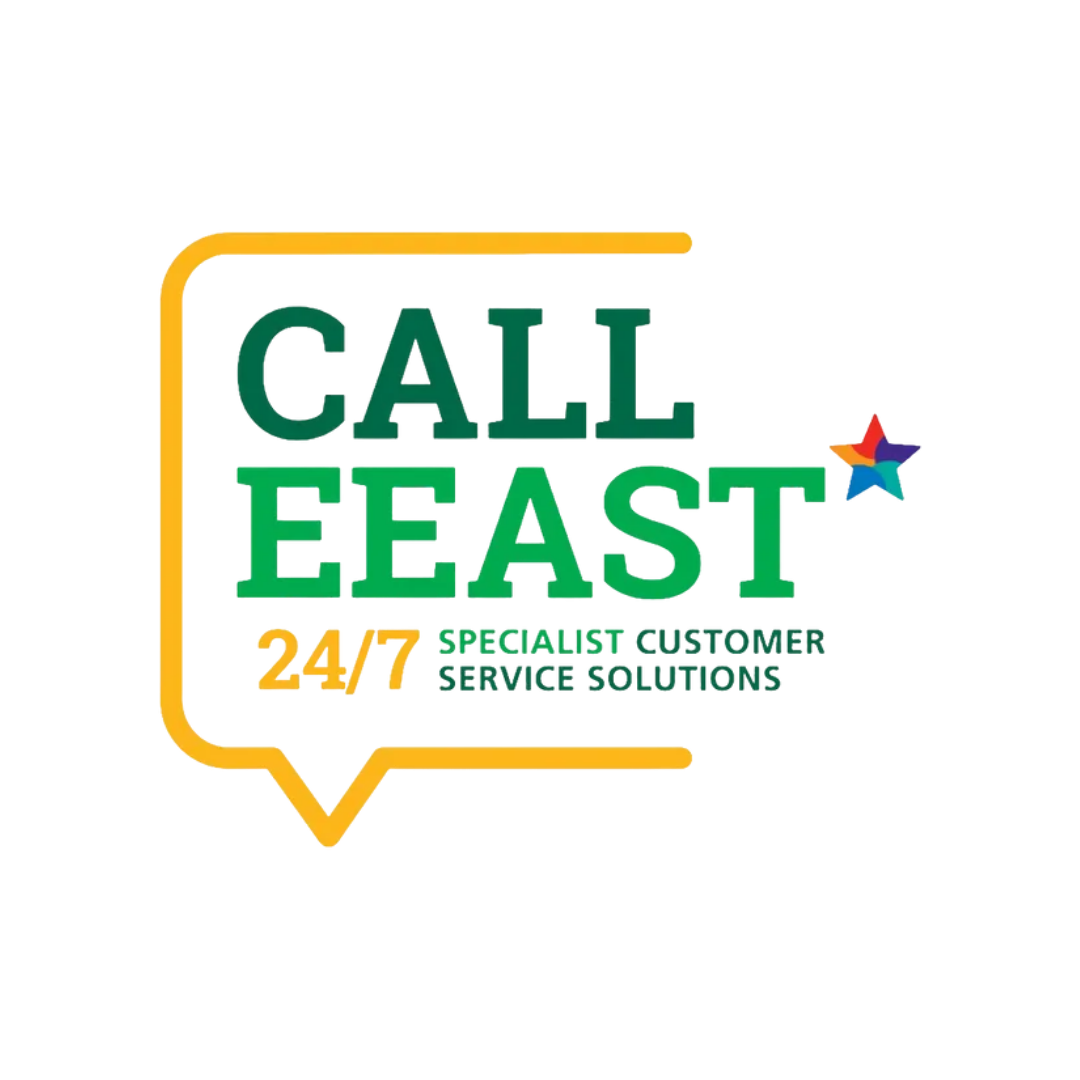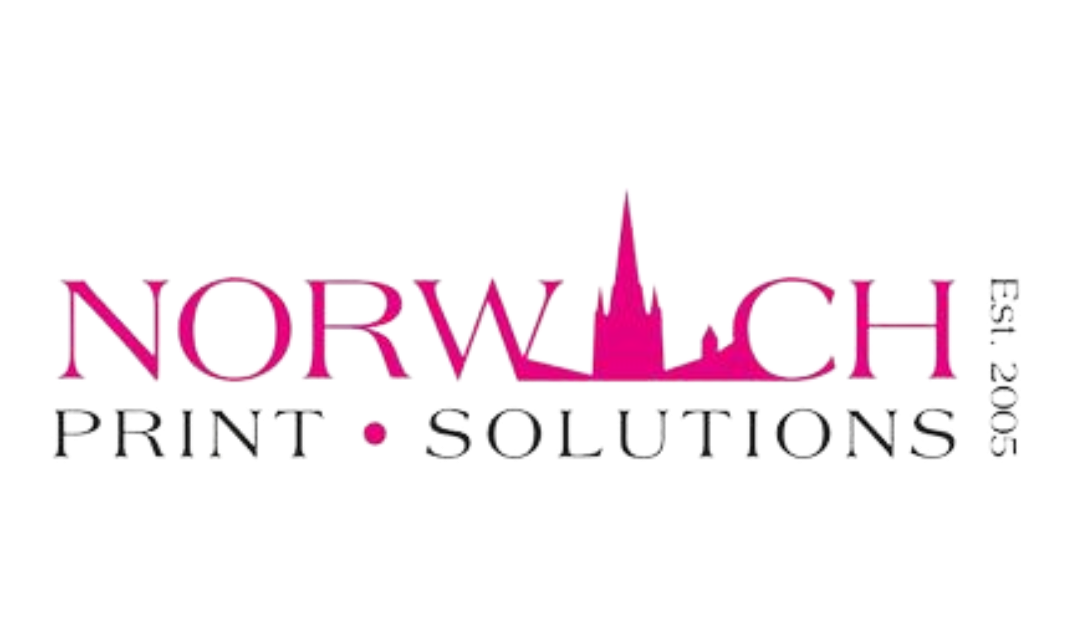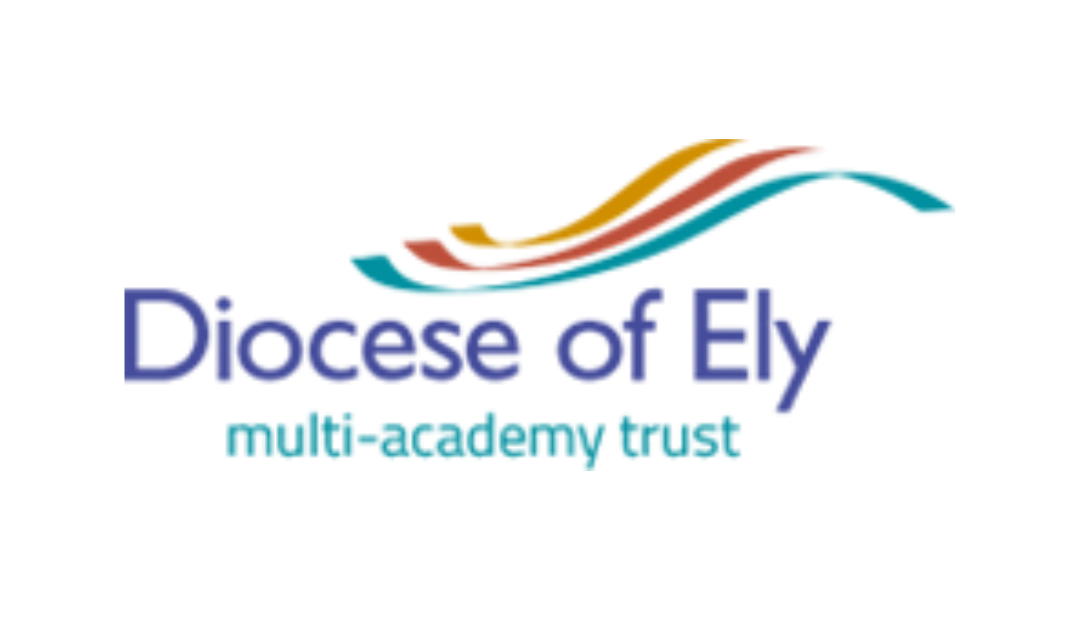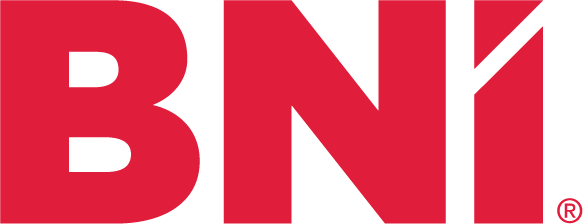What is the purpose of my website?
How will users find what they came for?

What is the purpose of my website?
This is a key question to ask. It informs the whole process of getting you on line and providing you with a successful website - it’s about more than looking pretty and having loads of ‘keywords’.
Once you know the purpose, it guides the design process. Everything should nudge the visitor towards taking the actions which lead to them becoming your client, buying your products, supporting your cause or enjoying your content. With this in mind we start with finding the answer to three questions:
What do I want to ‘sell’?- What do I want my visitors to do on the website?
- What do I want my visitors to do off my site?
What do I want to sell on my website? has to be the starting point. You must have a clear idea of not only what your product/service is and how this generates your reward - but also the route your customers/clients take to help you achieve those rewards. I generally find the answers broadly fit into these categories:
- I sell products I can post
- I sell high value items where the transaction happens off line
- I sell services
- I promote an ideal or charitable institution
- I sell advertising space (line of sight - or eyeballs on the page)
This leads into the next question - What do I need my visitors to do on the site?
For products you sell - decide if you need to sell online, in a physical location or both. If you have a location - consider ecommerce as a way of increasing your reach, but only if there is a good chance it will more than cover the cost of setting up. If you have a mix already of you need to make direct face to face contact, we need to guide them towards this physical meeting step by step.
Low value, high frequency transactions are ideal for eCommerce - the site takes the orders, the payment and the details so you can focus on fulfilling the order. The higher the value of the transaction, the more of a small cog the website becomes - it's still vital but you don’t buy a house or a supercar on impulse - your site is part of a nurturing process which takes the visitor through stages of their decision making process. The content and expected actions of visitors need to reflect this.
This latter is also true for services - it is important to plot out the decision making process and know which stages the site takes them through and at what stage you need to have direct contact with them.
Not for profits may need to do all of the above - as well as being a source of vital information. We analyse your requirements to get the balance right and make sure the visitor is whisked to the relevant pages as seamlessly as possible.
Which leaves the sites selling advertising space - blogs, opinion, news all hold the visitor on site which allows you to sell advertising space - keeping them there by being interesting is the goal - and it requires amazing copy and stunning visuals. Again - both areas we can support you with.
This leads to the third question - what else do you need them to do? Humans are neither all digital or all face to face these days - so it is vital to plot the full route to purchase and know the website’s role. Is it the final part? Or a conduit to the latter stages. And importantly - what will the visitor be doing before they get there to make that conversion more likely?
These two areas are important for different reasons. The obvious is the guidance towards that all important conversion - but it is equally important to consider how those who convert help others find, know and trust you. Referrals and testimonials are very powerful tools to generate positive responses to your site. Gather and display them carefully.
Lastly - the keywords, speed and solid technical structure are really important - but that is the subject of future posts as this is about the human users, not the robot (search engine) ones.
The final question is - do your answers to the questions posed here match the way your site is set up? Can you plot a simple route through the site for your key users - and do those routes make it tricky for them to get ‘lost’ and not find the thing they arrived with the intent of discovering?
As ever - come and talk to us about your site and what we can do for you. We will never offer you a service or product which is inferior to your current provision, or that will not have a good chance of a great ROI.
Thanks for reading. Have a great weekend.
We Are Doodlebug - Blog

GET STARTED TODAY
All Rights Reserved | We Are Doodlebug | Privacy Policy
